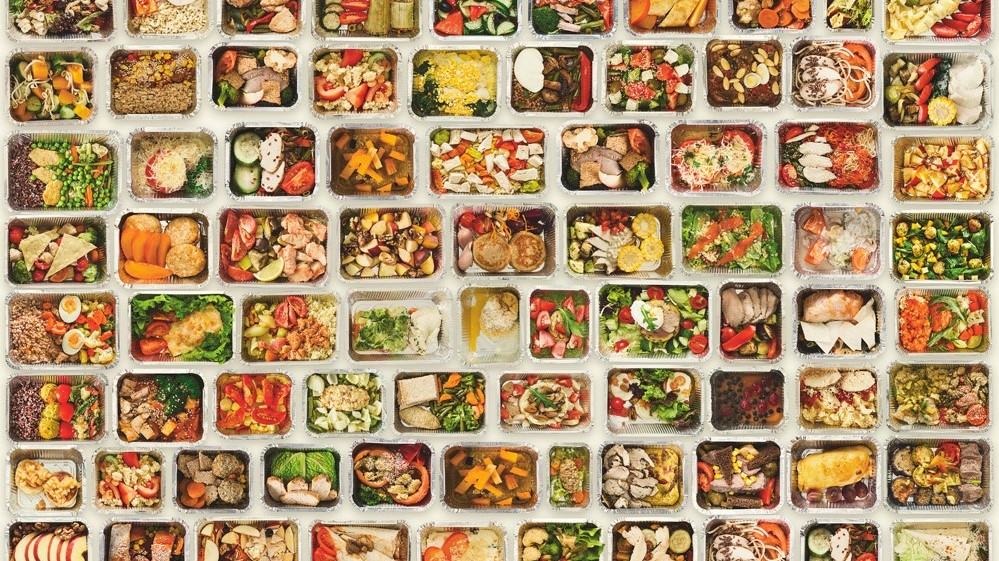It is not just pet found which can be counterfeit and possibly harmful. At IDLogiq, we want to arm and educate people on the many dangers of harmful foods, substances, medications, electronics, and more, in order to create a safer environment for all.
Food has been tampered with by people for longer than we can remember. The earliest records come from Greece and Rome, where people were concerned that their wine was being laced with salt water as a harmful preservative. In those days, though, food rarely came from more than a few miles away. Delicacies would have to be carefully prepared and preserved, and even then, the average person would never eat something which came from around the world. In this day and age, however, such an arrangement has become common. Refrigeration and chemical preservatives allow food to be shipped from anywhere in the world, and even locally sourced foods can be kept fresher for much longer. However, our concerns remain the same after all these years: is there something in this we shouldn’t be eating?
In recent years, we’ve become more aware of the contamination, corruption, and counterfeit production of food and foodstuffs in our supply. While regulation and penalties help counter local issues, global trade agreements can make it difficult to ensure food coming from overseas is safe to eat. A number of companies and government agencies are working tirelessly to improve their knowledge of the supply chain to ensure people will not be contaminated by the food they eat.
One company attempting to fight this horrifying trend is Inscatech, which is in the business of global food espionage. Corporations all over the world are demanding their services, and Inscatech sends agents to investigate farms, processing plants, and shipping facilities. Their spies are finding evidence of food fraud all over the world, at a rate of about 70%, though it’s nearly 100% from Chinese sources. China, in particular, is one focus of their research, as in addition to being one of the largest food producers in the world, the technology for fighting contamination is flourishing there.
While food fraud is big business, fighting it is becoming an increasingly profitable enterprise. Consumers all everywhere are becoming more aware of the issues plaguing what they eat, even as the source of the food gets further and further away. Blockchain technology in particular, despite being a relatively new way of doing things, is revolutionizing this industry. Walmart was one of the earliest adopters, testing it out by tracking Chinese pork. In the past, the supply chain for pork would take over 26 hours to track, but thanks to the new blockchain-based system, it takes only seconds. The company is expected to roll it out to track more of its foods as time goes on.
The Chinese government is also working hard to ensure their food isn’t harmful to consumers. In 2008, a crisis in which melamine contamination was linked to illnesses and deaths around the world (including several infants in China). Since then, public opinion has been driving officials to enforce penalties and increase transparency in the food supply chain. In 2015, food safety laws were strengthened and penalties were increased. Almost a billion U.S. dollars have been spent ensuring these new regulations will be followed. Universities are looking into how to implement blockchain technology to fight these offenses, for the sake of Chinese consumers and those around the world who purchase Chinese goods, as well as elsewhere.
Here at IDLogiq, we want to revolutionize the way supply chains are monitored and regulated. New technologies are being implemented to track where different foods and ingredients are coming from, and we plan to be at the forefront of bringing these breakthroughs to the public. Currently, our focuses are the pet, drug, and electronic supply chains, but we are constantly finding ways to help increase the safety and integrity of how essential products get to people. In an upcoming post, we will be discussing in more detail how blockchain technology can be used to track supply chains globally.


